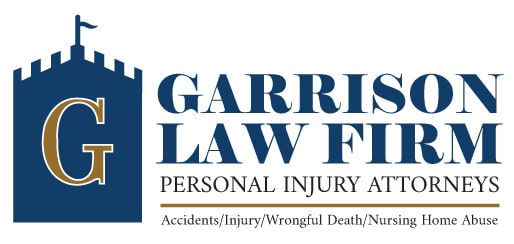Ridesharing is popular — particularly in Arizona. People who need rides in this state can use apps to summon Uber, Lyft, or even Total Transit, an Arizona-based ridesharing company. Although these companies offer a lot of conveniences, ridesharing also comes with some risks. If you’re injured by a ridesharing driver or while riding in one of these vehicles, you need to understand your rights.
To help you out, here’s a look at some of the most frequently asked questions about ridesharing in Arizona.
Is Ridesharing Dangerous?
With ridesharing services, you use an app to summon a driver to pick you up and take you to a location. Theoretically, this shouldn’t be any more dangerous than jumping into a traditional cab. Some people argue that taxi drivers have more experience than ridesharing drivers, but studies indicate that taxi drivers tend to speed more than ridesharing drivers.
In one analysis of 1,000 rides in San Francisco, riders reported that 60% of rides in taxis involved a traffic violation and noted that ridesharing drivers were less likely to speed or use their phones than taxi drivers.
However, other research indicates that ridesharing may increase the number of accidents on the road. Traffic accidents had been steadily declining since 1949, but the numbers started to rise between 2011 and 2014. Those are the years ridesharing started to become popular, and as a result, the increase may be due to more ridesharing drivers on the road.
How Can You Protect Yourself When Using Uber?
If you use ridesharing services, you may be wondering how to protect yourself. Check out these tips:
Trust your instincts — never get into a vehicle if you feel unsafe.
If a ridesharing driver is operating the vehicle unsafely, get out as soon as you can and report them to the company.
Always rate your driver so other passengers are properly informed.
Check into the insurance coverage offered by different companies.
Choose ridesharing companies that do background checks, drug tests, and vehicle inspections.
Consider increasing your own coverage — if you are injured as a pedestrian or a bicyclist, your insurance may be able to help.
Contact an attorney if you’re in a ridesharing accident.
Beyond those tips, remember to wear your seatbelt and bring car seats for children. When getting into or out of a vehicle, always make sure that you are in a safe area away from traffic.
Who Is Liable in an Uber Accident?
Typically, when you’re in an accident, the at-fault driver is liable for your injuries. However, in some cases, you may be able to hold the ridesharing company liable. Additionally, if your injuries were exacerbated by a faulty vehicle part, you may be able to bring a lawsuit against the parts manufacturer.
What Are the Damages in a Ridesharing Accident?
When you are hurt due to the negligence of another party, you have the right to bring a personal injury lawsuit against that party. If you are successful, you may win a settlement for your damages.
Damages include both costs you incurred as a result of the accident and indirect economic losses. For instance, your settlement may include medical bills, lost wages, and other specific expenses, but it may also include compensation for pain and suffering, disfigurement, loss of consortium, and other items that are not directly pegged to a dollar amount.
How Do You Bring a Claim Against a Ridesharing Company?
If you are injured by a ridesharing driver or while using a ridesharing service such as Lyft, Uber, or Total Transit, you should never take the first offer you receive from the company or its insurer. Unfortunately, these companies may make you an initial low-ball offer.
To protect yourself financially, you should contact a personal injury law firm with ridesharing experience. Then, you should tell them about your situation. The lawyer can give you an idea of the best steps to take. If it’s right for your situation, they can help you bring a lawsuit against the ridesharing company or the driver.
To protect your rights after a ridesharing accident, you need an attorney who understands the intricacies of these cases. To learn more or to set up a case evaluation, contact us at the Garrison Law Firm today.


